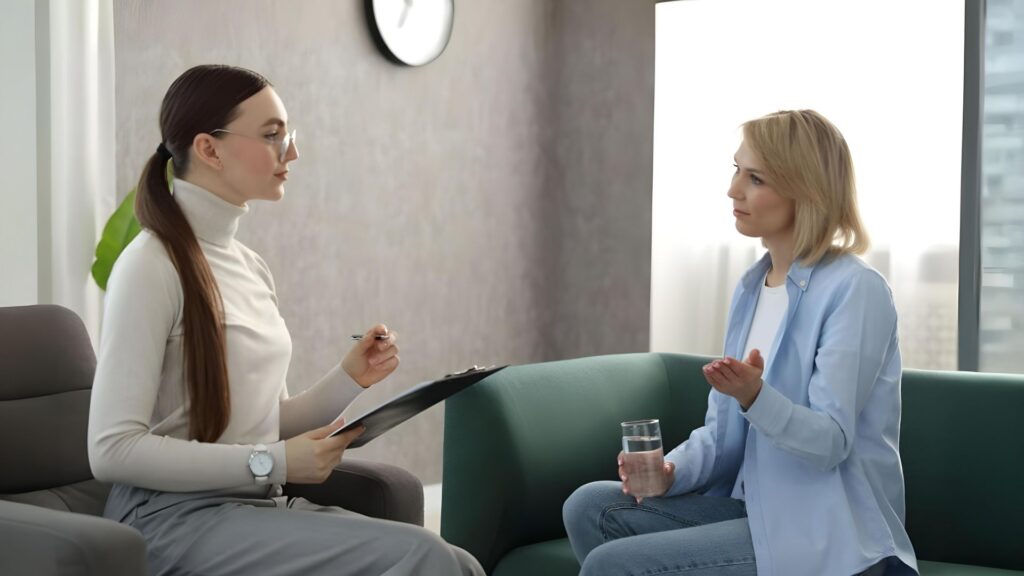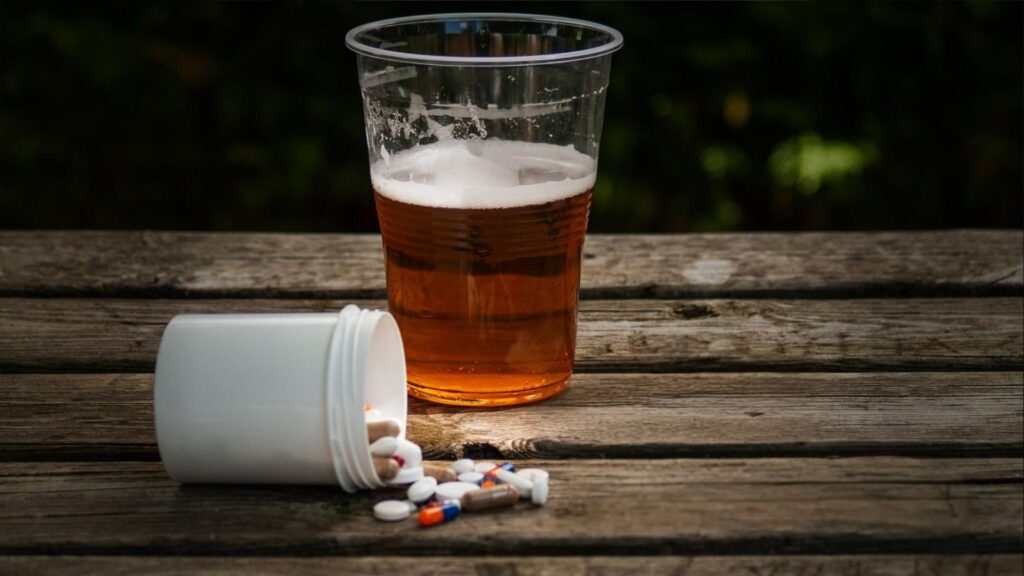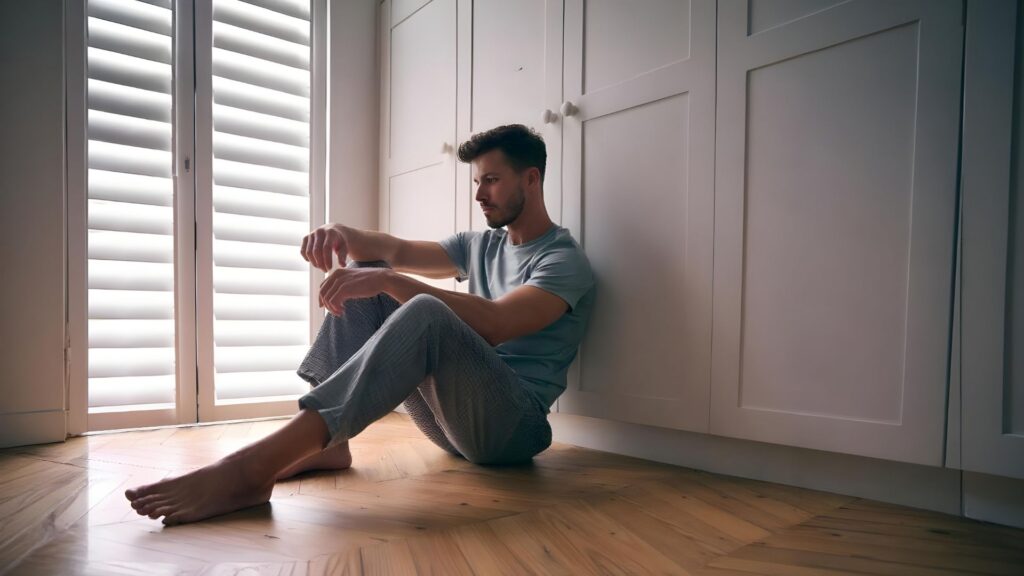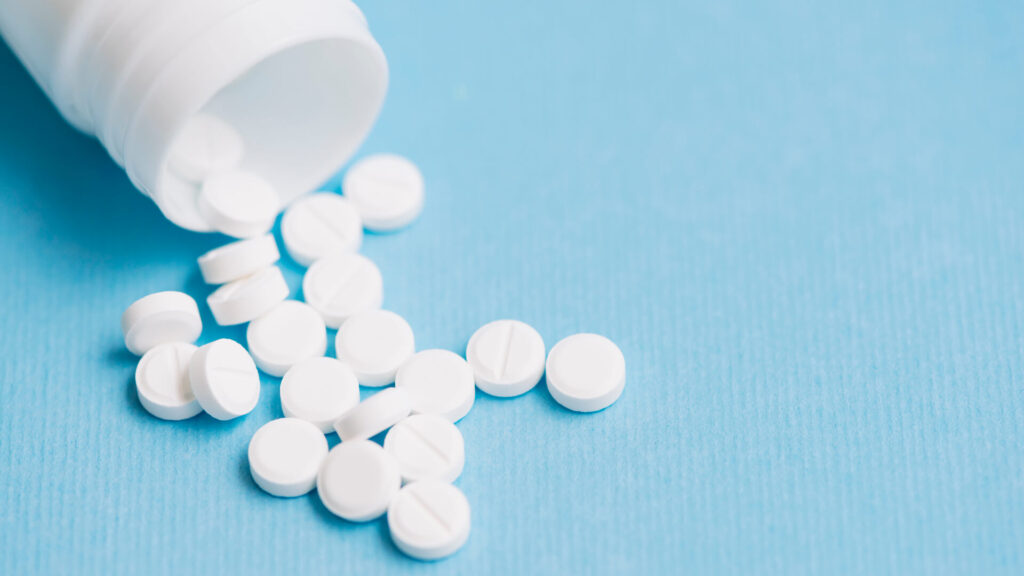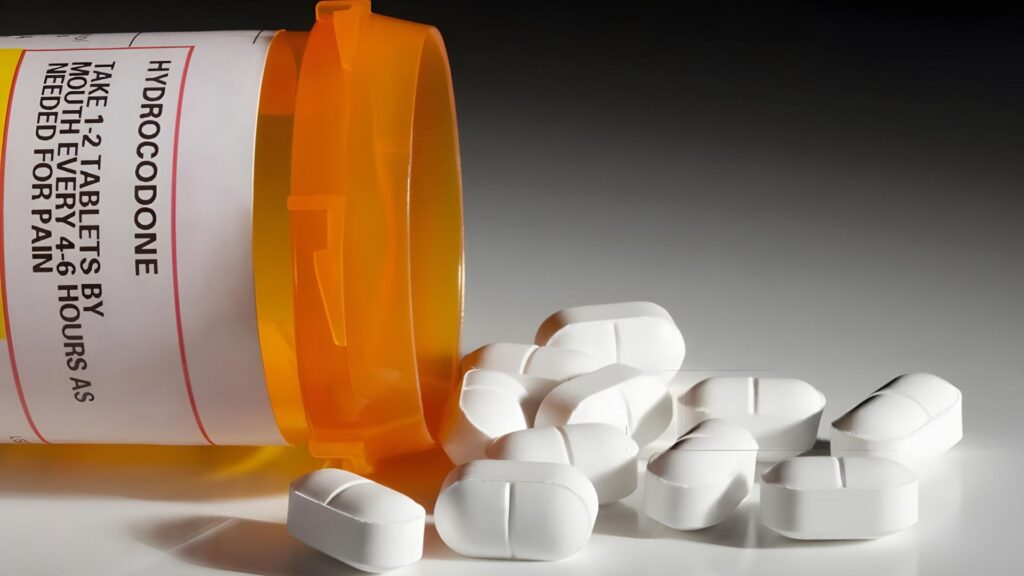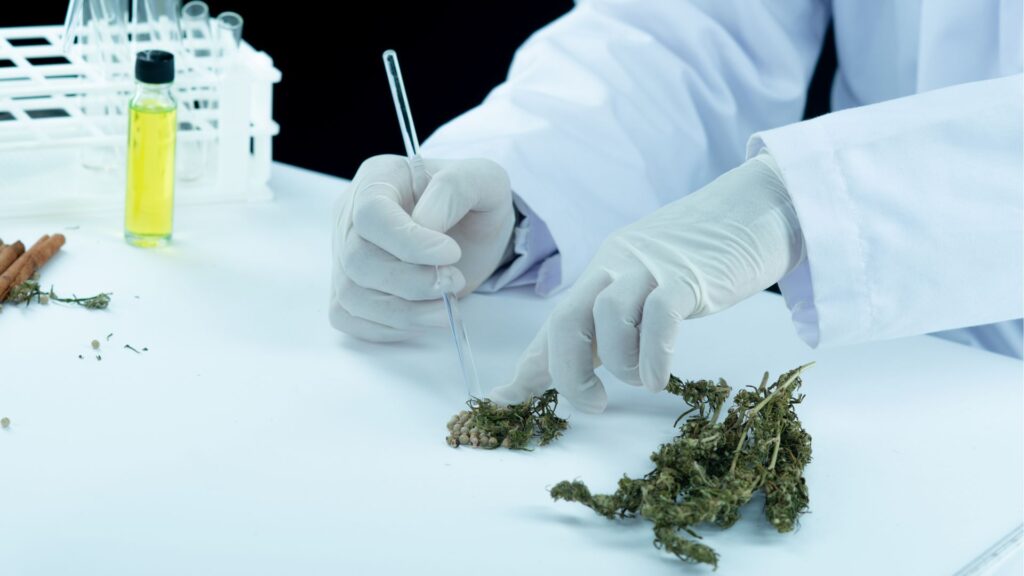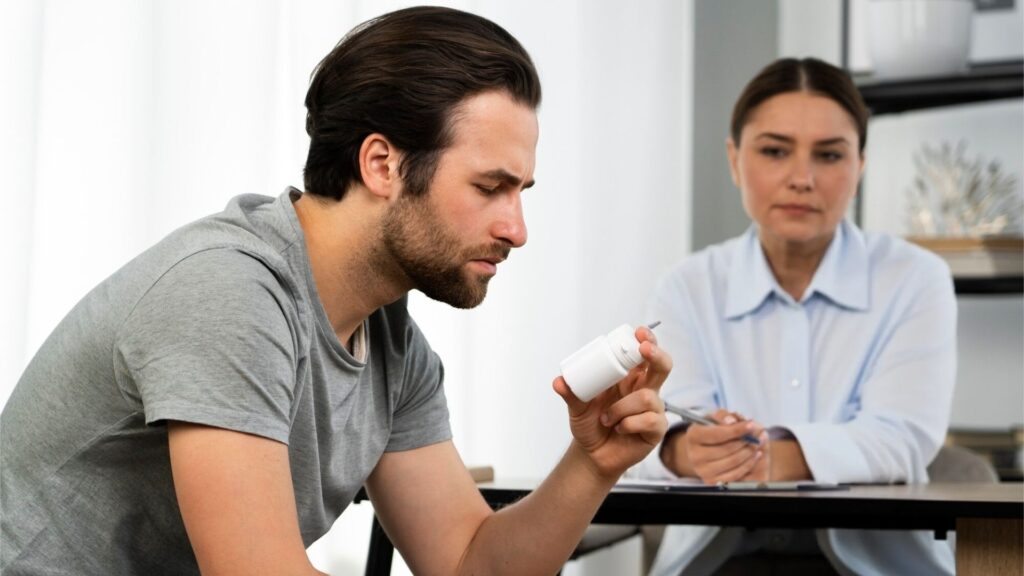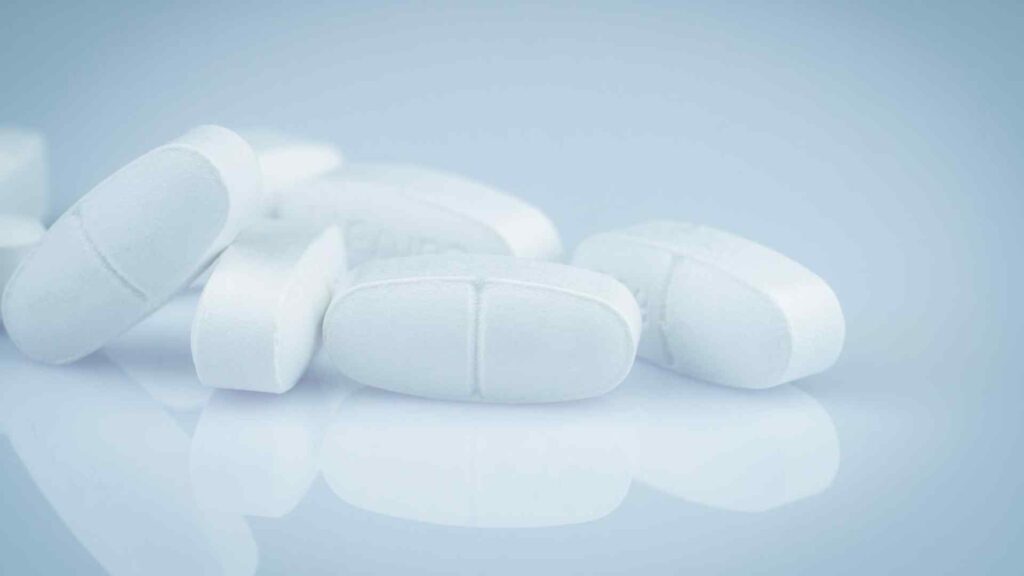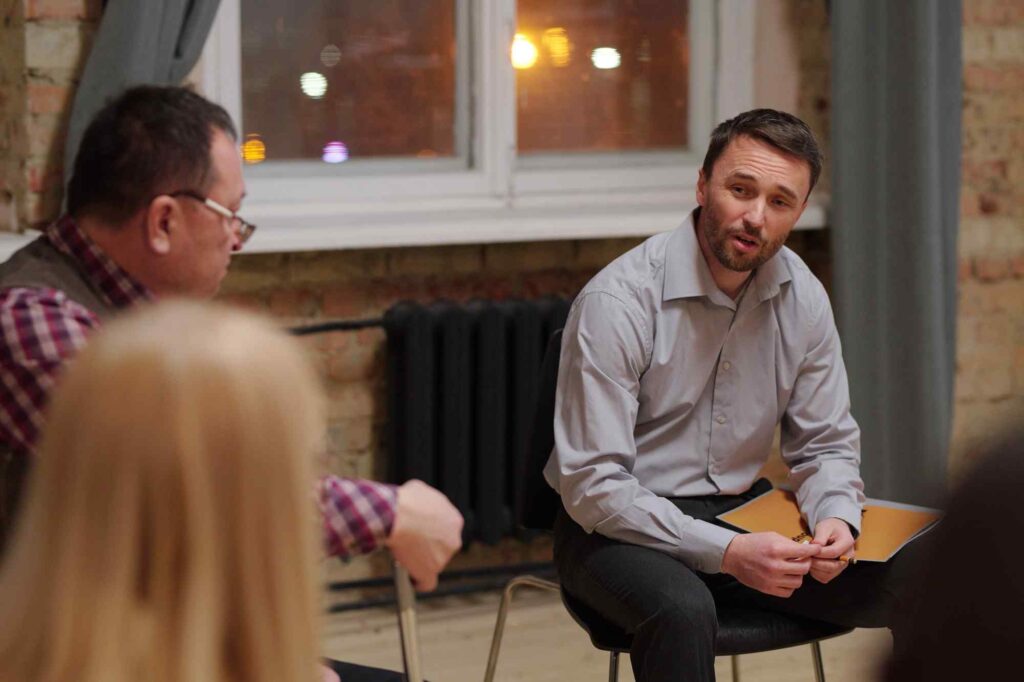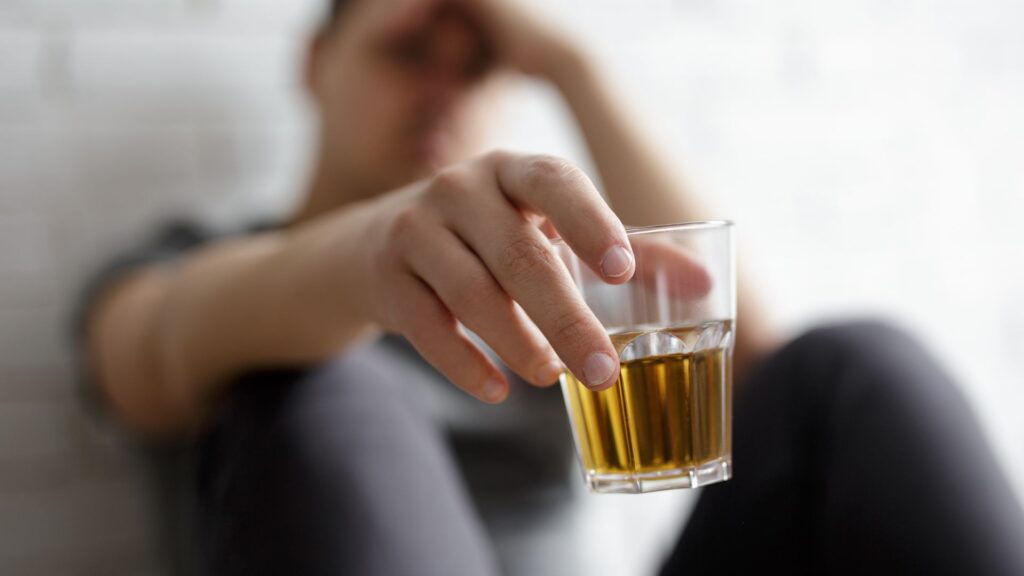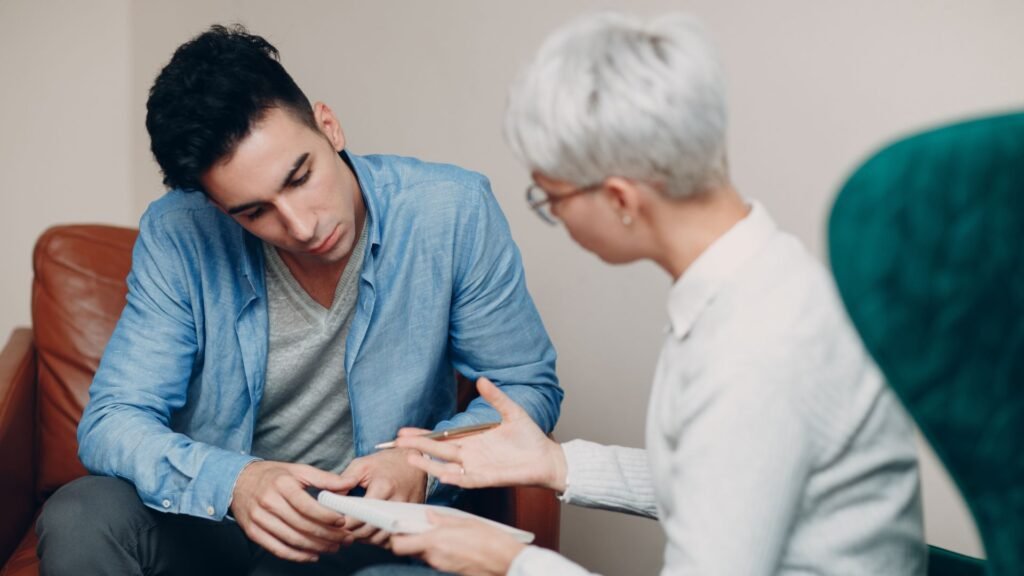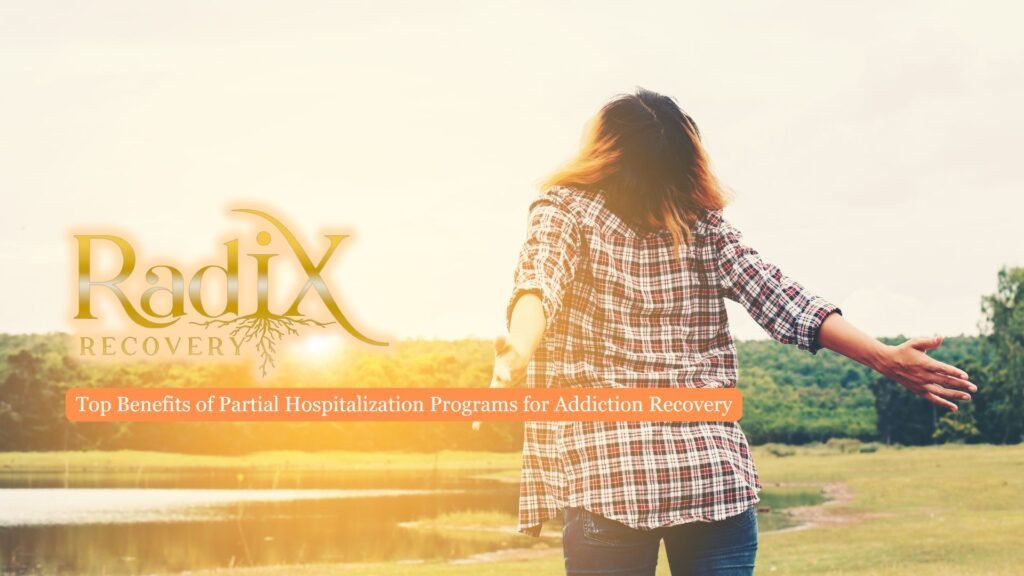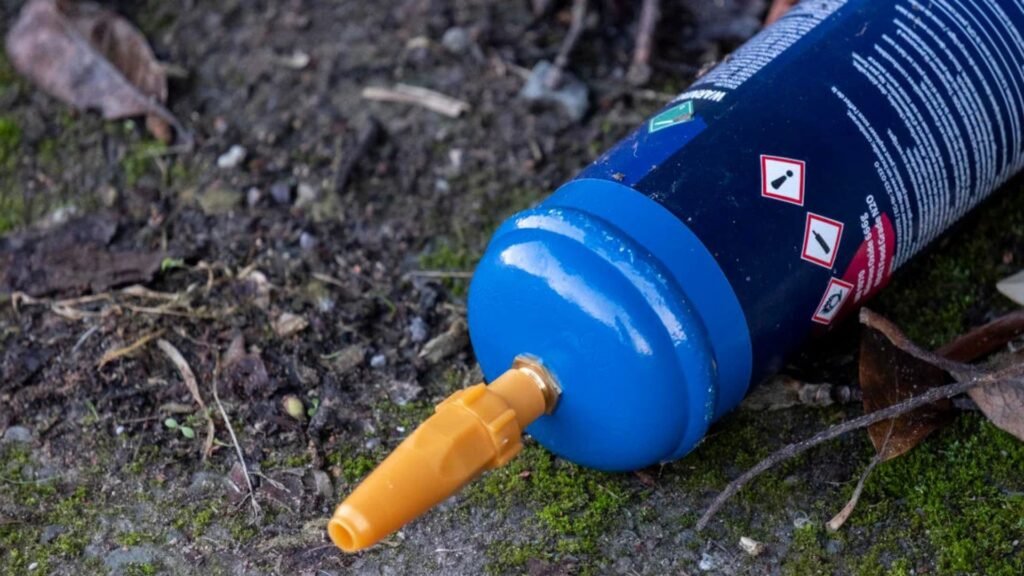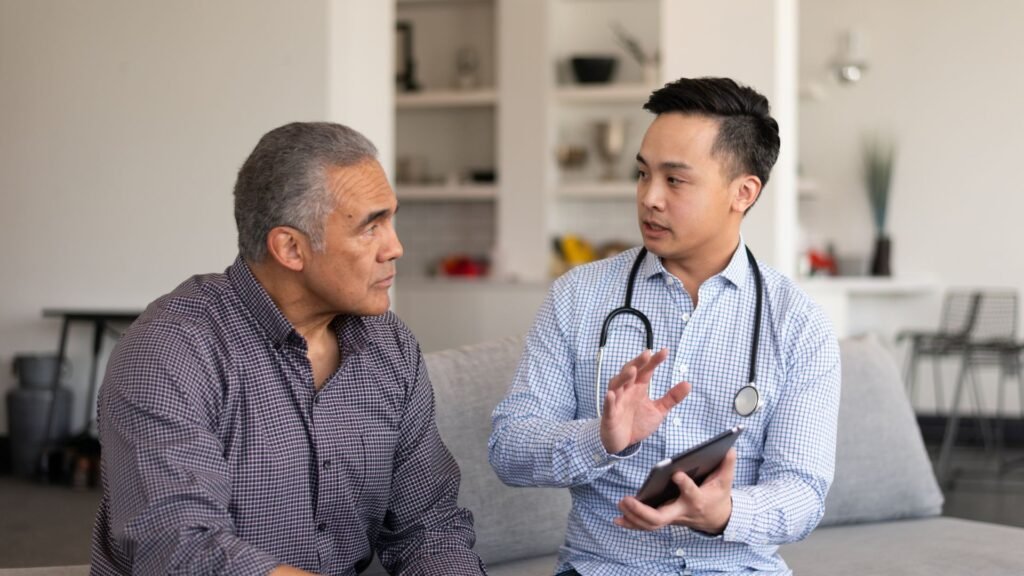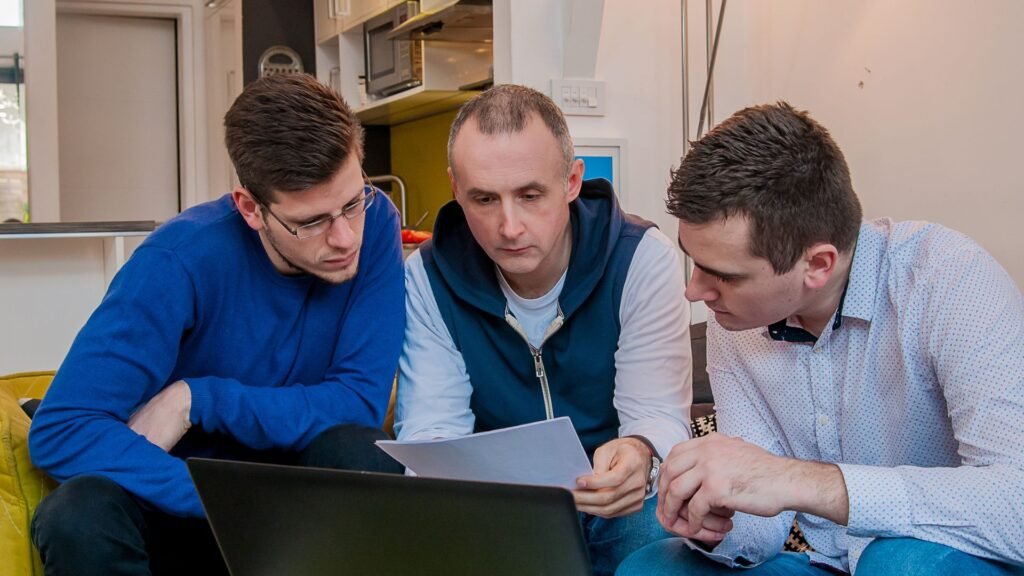Partial hospitalization programs (PHPs) serve as a bridge between inpatient treatment and traditional outpatient care in addiction recovery. These intensive treatment programs provide structured therapy during the day while allowing patients to live at home.
This article will explain what PHPs are, how they work, and who can benefit from this level of care.

What Is a Partial Hospitalization Program?
A partial hospitalization program is an intensive outpatient treatment option that offers a higher level of care than standard outpatient therapy but doesn’t require 24-hour inpatient hospitalization. The program typically involves treatment sessions lasting 6 to 8 hours per day, multiple days per week. Patients participate in therapy, medication management, and support services during the day and return to their homes in the evenings.
For those seeking recovery, enrolling in a PHP for substance abuse at a professional treatment center ensures access to a multidisciplinary team of addiction specialists who provide evidence-based treatment methods and personalized care.
How PHP Fits into the Continuum of Addiction Care
PHPs occupy a middle ground between inpatient hospitalization and less-intensive outpatient treatment programs such as intensive outpatient programs (IOPs). They serve as a transition for those stepping down from inpatient care or as a starting point for some patients. This flexibility allows addiction specialists to tailor care levels based on individual treatment goals and recovery progress.
Who Is a Good Candidate for PHP?
PHPs are ideal for individuals who need more support than typical outpatient care but do not require round-the-clock supervision. Candidates often include those stepping down from inpatient or residential treatment, people with manageable withdrawal symptoms, or those with a stable home environment willing to commit to an intensive treatment plan.
These also suit individuals seeking to avoid relapse by maintaining structured care during the crucial early recovery phase. This level of care helps individuals receive the medical monitoring, behavioral therapies, and peer support necessary to reduce relapse risk and address co-occurring mental health issues in a safe and supportive environment.
Core Components of PHP Treatment
PHPs typically include a combination of individual therapy, group therapy, and behavioral therapies such as cognitive behavioral therapy (CBT) and dialectical behavior therapy (DBT). Medication management and psychiatric services are often integral to care plans, addressing co-occurring mental health disorders alongside substance abuse. Psychoeducational sessions, family therapy, and life-skills training help patients rebuild healthy habits and develop coping mechanisms essential for long-term recovery.

Typical Daily Structure of PHP
Patients going through recovery usually attend sessions for 6 to 8 hours a day, several days per week. Treatment includes a balance of individual counseling, group therapy, educational workshops, and medical monitoring.
This schedule allows patients to practice recovery skills in real-world settings and gradually transition back into daily life responsibilities like work or school while maintaining a supportive environment.
Benefits of PHP in Addiction Treatment
Partial hospitalization programs provide a flexible yet high level of care, allowing patients to live at home while receiving comprehensive support. They help maintain daily obligations and social connections, offering an excellent option for those who need structured treatment but cannot commit to 24-hour inpatient care. These programs offer evidence-based treatment methods, reduce relapse risk, and are generally more cost-effective than full residential or inpatient treatment.
Final Thoughts from Radix Recovery
By offering individualized treatment plans combining behavioral therapies, medical care, and support, PHPs help individuals struggling with addiction take significant steps on their recovery journey.
Radix Recovery’s Partial Hospitalization Program in Cedar Rapids, Iowa, provides individuals with a balanced blend of structure, flexibility, and specialized addiction care. This enables patients to rebuild their lives while maintaining independence by living at home. Through evidence-based therapies, compassionate support from experienced addiction specialists, and a focus on integrating recovery into everyday life, the program equips clients with essential tools for sustained success on their journey to lasting sobriety.
